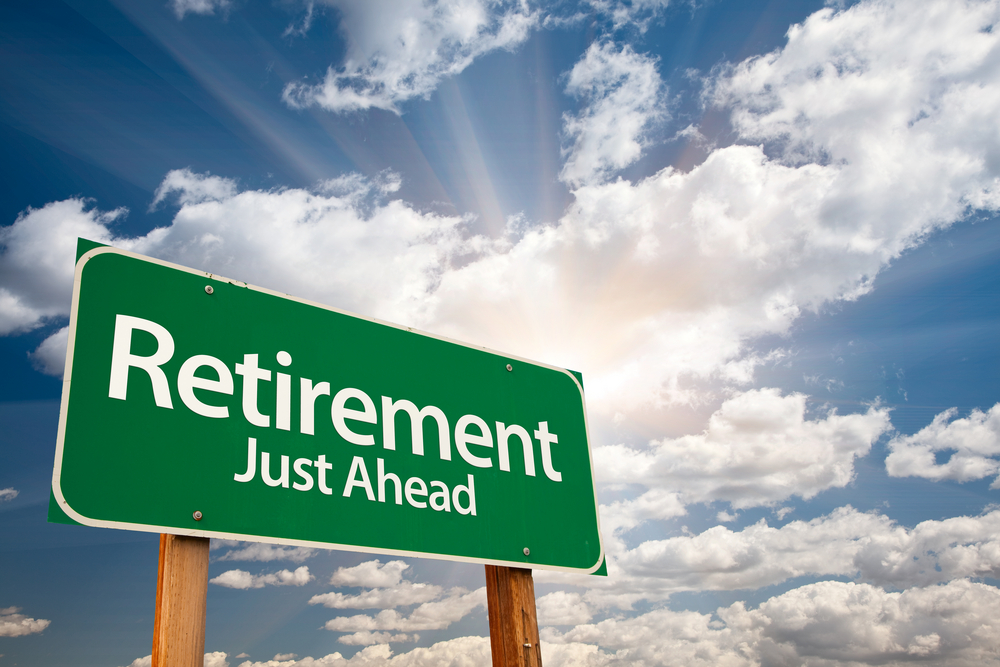
Workplace retirement plans often are not helping participants avoid social environmental, social, and governance, or ESG, risks, warns a report from Morningstar’s newly created Center for Retirement and Policy Studies released Tuesday.
U.S. retirement plans offer investment options that are more likely to have higher ESG riscompared with the overall distribution of ESG risk in investments Morningstar as a whole rates, the report says.
Just 4 percent of investment options and 2 percent of assets in defined contribution 401(k) plans are in strategies with the lowest levels of ESG risk, the authors found.
Morningstar’s retirement center says plan sponsors may wish to re-examine their investment choices using ESG analysis unless they are convinced the risks are overstated.
With the long-running trend to 401(k)s and away from defined benefit pension plans, the study says newer workers without pension benefits need to contribute to defined contribution plans at much higher rates than their colleagues with pensions who continue to accrue benefits in a soft-frozen plan.
The authors also caution the asset allocation of employees solely with 401(k)s should be different from workers who have a fixed stream of income that is projected at retirement because of the risks they face and have less room for error.
The Morningstar researchers say they found 58 percent of defined contribution plan assets are invested in off-the-shelf target-date funds, or TDFs—strategies that gradually shift asset allocations as a participant gets closer to retirement.
The use is higher among small plans at two-thirds probably because they are most likely to use an off-the-shelf TDF as their default investment, says the report,
In introducing the report, Morningstar Retirement Services President Brock Johnson called the retirement system “fragile.”
He warns the retirement system relies on a few thousand employers to cover most people saving for retirement but an economic downturn or even a systemic shift to different kinds of employment could mean even fewer people have the opportunity to save for a secure future.





























